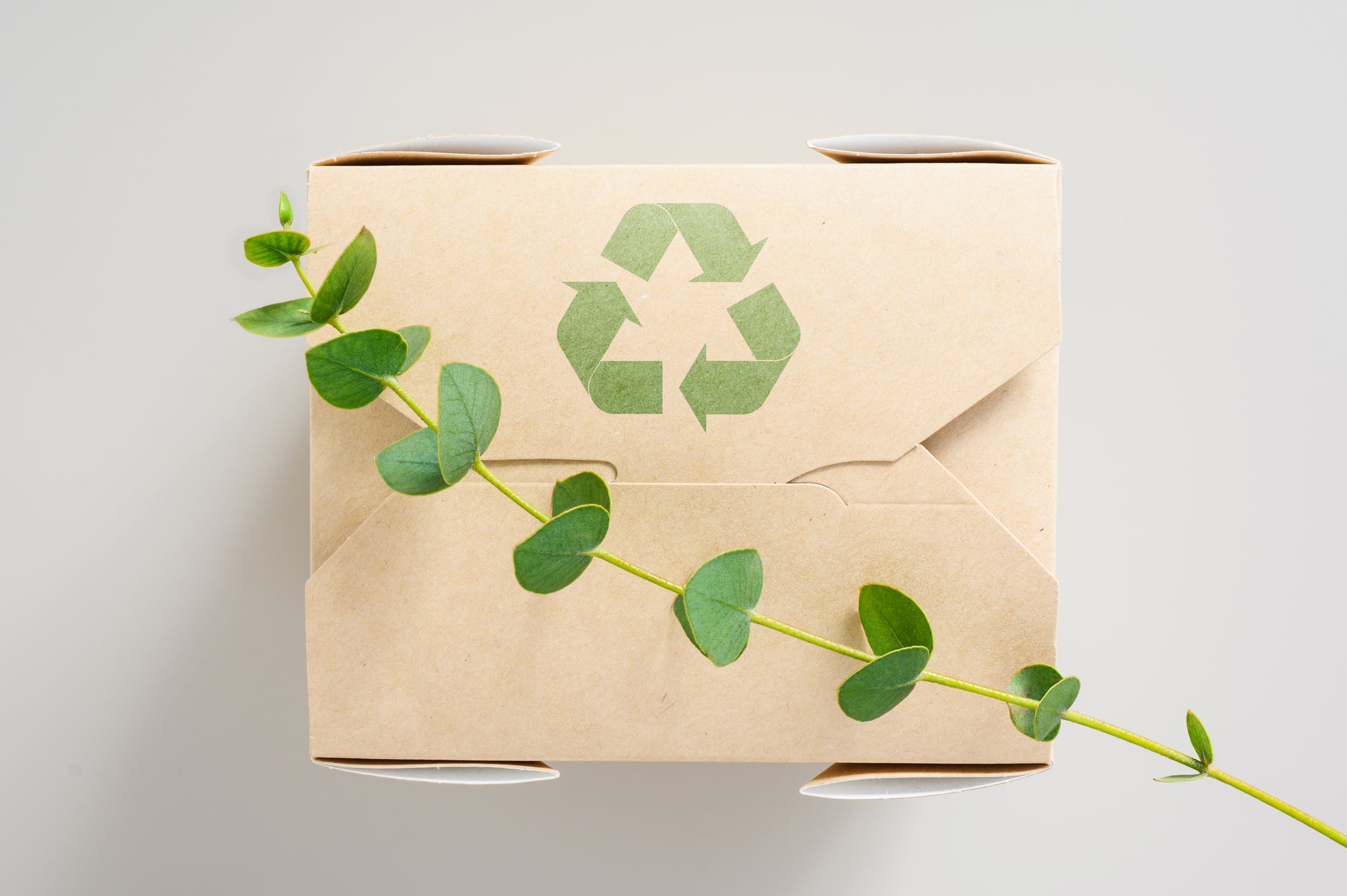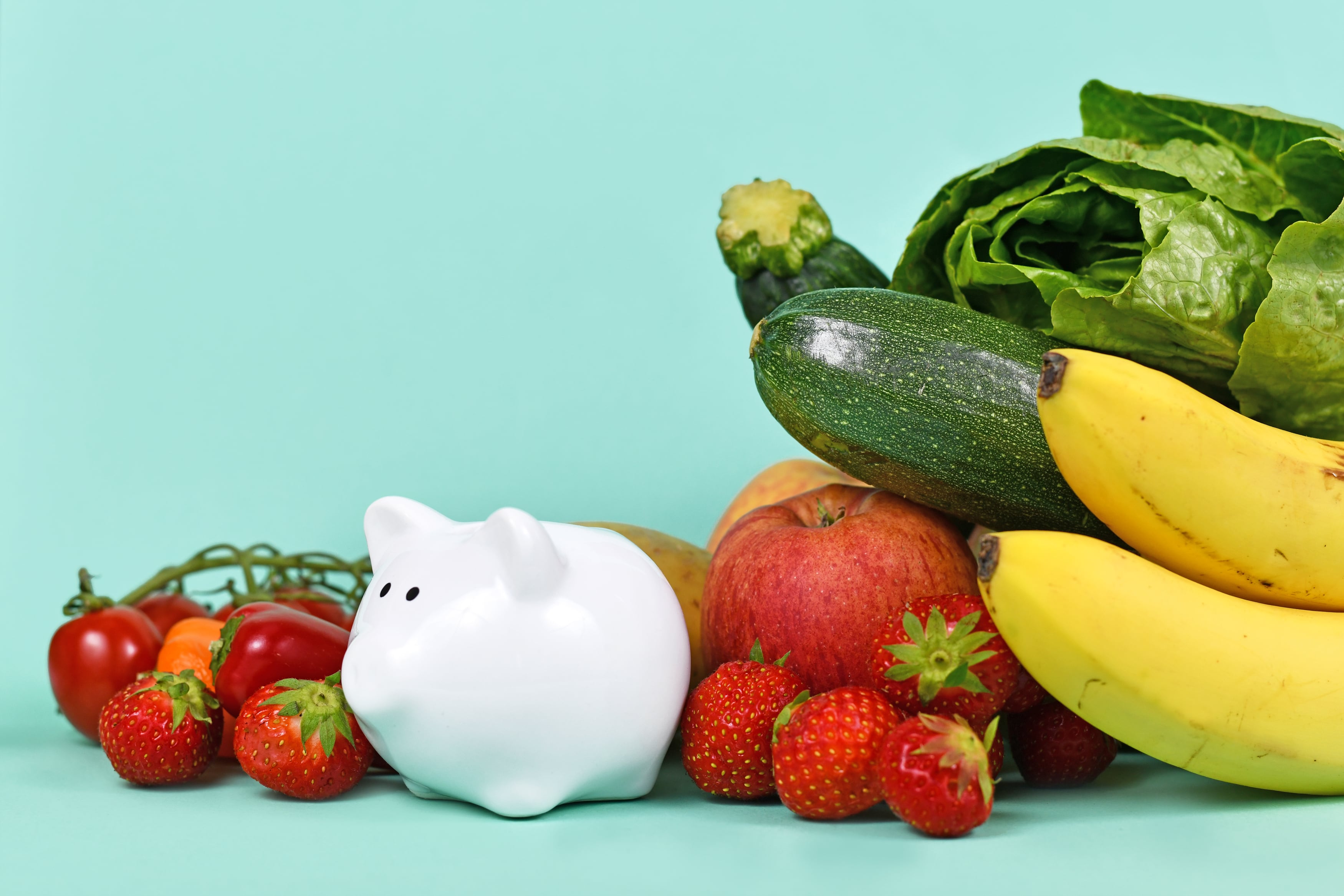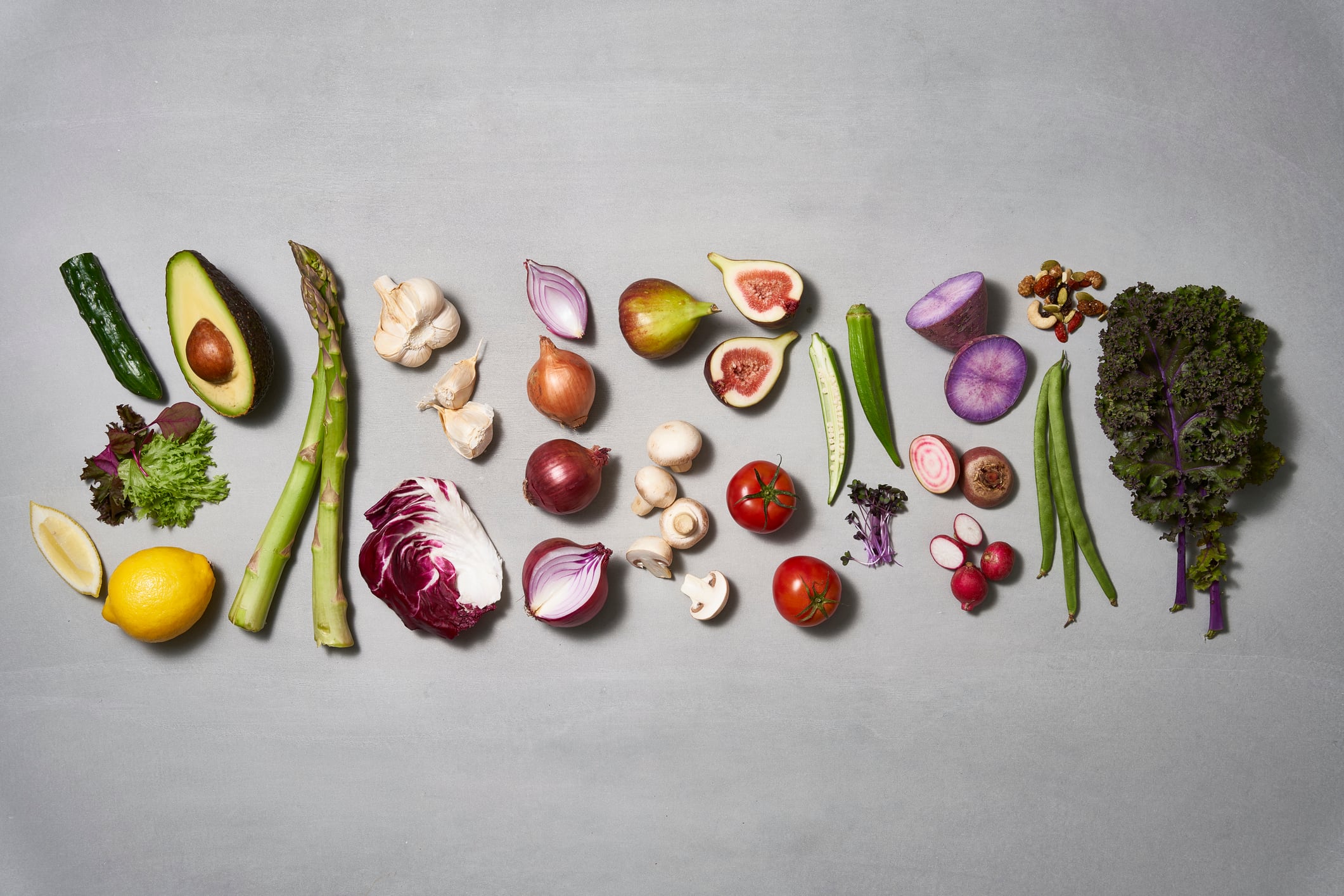CP Foods unveils four supply chain strategies to reach net zero by 2050
Thai conglomerate CP Foods unveils four sustainability strategies to achieve net zero goals by 2050
CP Foods, a major APAC supplier of ready-to-cook Asian products, operates under the CP brand in Asia and as Authentic Asia in the West.
As part of its plan to optimise efficiency and cultivate sustainable practices, CP Foods has integrated digital technology, data management, and artificial intelligence (AI) into its processes.
According to the firm, it is the first food processing company to have its near- and long-term forests, lands, and agriculture (FLAG) sustainability targets validated by the Science Based Targets initiative (SBTi).
Food safety vs sustainability: Will industry have to choose?
Age-old tensions between food safety and sustainability are coming to a head - and the final outcome will shape the future of the food industry
One of the most-debated food industry topics in recent years has been around the use of plastic: On the one hand, sustainability-conscious consumers are concerned about the environmental impacts of these, but on the other the food industry has yet to find an alternative that is cheap and safe enough to replace it.
So although the concepts of food safety and sustainability are not diametrically opposed to one another, the current state of technology means that prioritising one is likely to come at the expense of the other – a dilemma that seems to have no solution yet.
India warns against ‘100%’ claims as global scrutiny grows
India’s food regulator says ‘100%’ claims can mislead, as scrutiny mounts worldwide over absolute language in food and sustainability marketing
The Food Safety and Standards Authority of India (FSSAI) has issued a strong advisory against the use of ‘100%’ claims on food and beverage products, citing concerns about misleading consumers through packaging and promotional materials.
The FSSAI noted a “noticeable surge” in the use of ‘100%’ across product labels and promotional platforms.
Its concern is backed by emerging research and case studies showing that such absolute claims can confuse consumers and potentially backfire on brands.
Why pulses may be key to a more sustainable food system
Here are three ways pulses meet the demands of future food systems – from health and affordability to environmental sustainability
Experts say pulses are increasingly seen as a strategic solution to both global health challenges and the need for more sustainable food production.
“The global pulse sector is playing a major role in addressing the increasing demand for food driven by global population growth, food insecurity, and demand for healthier alternatives, all while delivering products that align with broader sustainability issues,” said Murad Al-Katib, president and CEO of Canadian producer AGT Food and Ingredients.
Gen Z still wants sustainable packaging
Younger people buck the trend of declining interest in sustainability
Environmental sustainability isn’t what it once was. Policy is changing, with many of the EU’s flagship sustainability regulations simplified, delayed or in question. Amid a cost-of-living crisis, even many consumers have lost interest.
This is not the case in packaging. The eco-friendly packaging market is booming, with Grand View Research predicting a compound annual growth rate (CAGR) of 7.6% between 2025 and 2030. This would mean the market will be worth $353.78 billion (€301.53bn) by 2030.
A new report on packaging by consultancy McKinsey & Company suggests that the trend is being driven by Generation Z.





